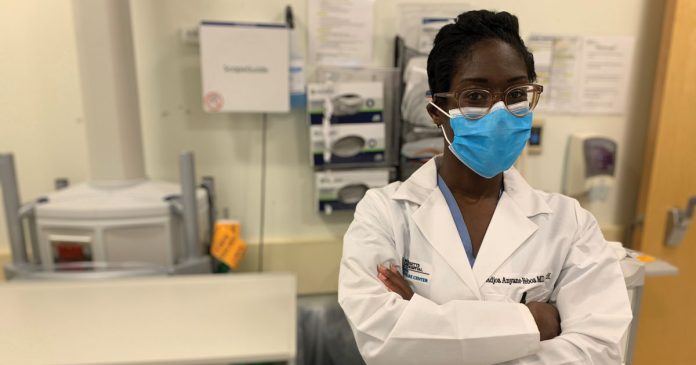While “all men may be created equal,” different races and ethnicities seem to be more prone to certain diseases than others, often for reasons yet to be determined by scientists, such as why African Americans are considerably more apt to develop and die of colorectal and pancreatic cancers than other groups in the same areas. In fact the American Cancer Society reports that the death rate for black men from gastrointestinal cancers is nearly 30% as to compared with 19.5% for white males, while the death rate among African American women from the same diseases is 20% verses 13.6% for their Caucasian counterparts. At the same time, they noted that colon cancer is the 3rd most common cause of cancer in the US, while cancer of the pancreas strikes more black patients than among all other groups.
As a result, combined efforts by New York scientists from Stony Brook University, Cold Spring Harbor Labs and SUNY Downstate in Brooklyn have been conducting special research to study genes associated with both forms of cancer to determine why.
“We are not looking at socioeconomic status, but whether or not the answer may be indelibly inscribed in genomes,” stated cancer geneticist Dr. Jennie Williams of Stony Brook University, who along with Dr. Ellin Li, chief of gastroenterology and hepatology at the school; Dr. David Tuveson, deptury director of Cold Spring Lab’s cancer center; and researchers Suman Grewal, Dr. Juan Carlos Bucobo, Dr. Joel Satz, Dr. Geraldo MacKenzie, Leahana Rowehl and Matthew Murray, are tsking part in the initiative funded by the National Cancer Institute and a grant from SUNY Health Network of Excellence.
The biggest stumbling block to the project, however, has been their inability to obtain colorectal cancer cell lines propagated from tumors found in African American patients. These are needed to properly examine the unique genetic features associated with the disease. There is less of a problem, however, regarding cell lines from pancreatic cancer. Still Dr. Li is confident that they will somehow break through this barrier, and it has already been reported that Tuveson has met with some success in examining pancreatic “organoids” obtained from healthy human pancreas stem cells which can be morphed into complex tissues under the right laboratory conditions.















